With the rapid advancement of blockchain technology and cryptocurrencies, exchanges have become essential tools for investors, traders, and crypto enthusiasts alike. Each exchange has its unique features and characteristics, which not only influence the trading experience but also significantly impact users' investment decisions. Therefore, understanding the core functionalities and specialties of different exchanges can help you make well-informed choices when selecting an exchange.
In this article, we will explore ten essential features and characteristics of blockchain exchanges to help you utilize these platforms better for your investments.
1. User Interface and Experience
Intuitive User Interface
An intuitive and easily navigable user interface allows new users to get up to speed quickly. Many centralized exchanges excel in this area, such as Binance and Coinbase, which offer clean designs and user-friendly interactions. These exchanges typically provide guides and prompts for beginners to help them understand how to execute basic buy and sell operations.
For novice users, choosing an exchange with a user-friendly interface can effectively reduce learning curves and facilitate a smoother transition into the industry.
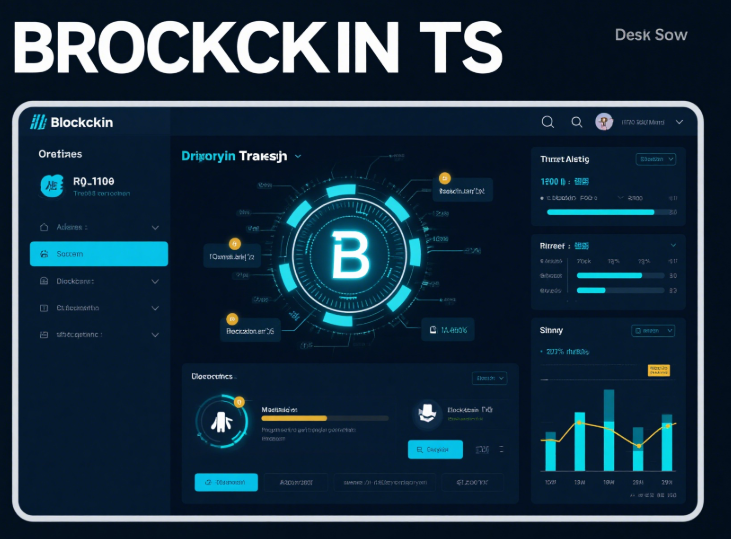
Mobile Applications
With the proliferation of smartphones, more users want to trade on their mobile devices. Many major exchanges, such as Kraken and Bitfinex, offer robust mobile applications. These mobile apps not only retain core trading functionalities but also enhance the user interaction experience, allowing users to trade anytime and anywhere.
If you prefer to trade while on the go, selecting an exchange with a well-supported mobile application is crucial.
2. Security Features
Asset Security Assurance
Security is one of the top concerns for users when choosing an exchange. Many leading exchanges implement multiple security measures to protect user funds. For example, Gemini and Kraken provide cold wallet storage, transferring small amounts to hot wallets only when necessary. Additionally, some exchanges support two-factor authentication (2FA) and other layered security protocols to safeguard user accounts from hacking attempts.
Understanding the security protocols of an exchange and choosing platforms that prioritize safety can significantly reduce the risks of asset theft.
Security Audits and Insurance
Some exchanges also conduct regular security audits and offer insurance on users' assets. For instance, Coinbase commits to protecting user assets within a certain range, providing guarantees even in extreme situations. This not only enhances user trust but also assures peace of mind when trading, making it beneficial to consider exchanges that offer such protective mechanisms.
3. Trading Options and Strategies
Diversified Trading Pairs
For cryptocurrency investors, an exchange that provides a variety of trading pairs (such as BTC/USDT and ETH/BTC) is essential. Some exchanges, like Binance and Huobi, offer hundreds of trading pairs, giving users greater flexibility to trade rather than limiting them to major cryptocurrencies.
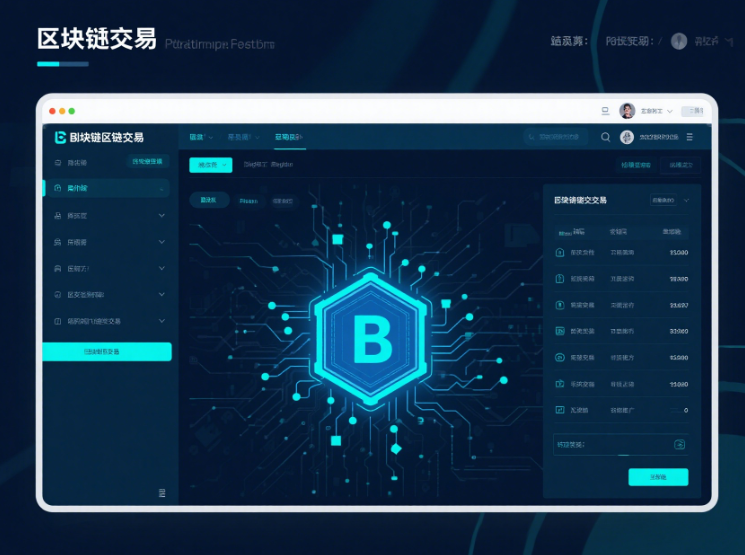
Understanding the available trading pairs can help you select the exchange that best meets your market demands and personal investment strategies.
Leverage Trading and Futures Contracts
For users looking to use leverage to amplify their investment returns, leverage trading and futures contracts are vital functionalities. Exchanges like BitMEX and Binance Futures offer extensive leverage trading options that allow users to invest according to their risk tolerance.
However, trading with leverage carries high risks; thus, users should approach these features with caution and ensure they possess adequate risk management knowledge.
4. Community and Support
Customer Support Services
An exchange's customer support service is also an important factor in evaluating its quality. Many top exchanges, such as Kraken and Gemini, offer 24/7 customer service to assist users with questions and issues. Whether it’s a technical question or an account issue, quick customer responses can provide a sense of security for users facing challenges.
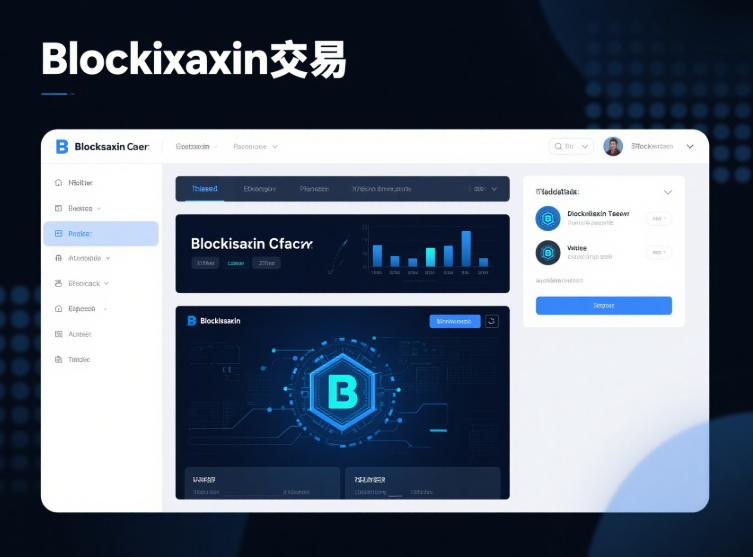
Choosing an exchange with excellent customer support can be a significant convenience when you need assistance.
Community Interaction and Educational Resources
Strong community interaction is a hallmark of many successful exchanges. Platforms like Binance and Coinbase not only provide community discussion forums but also publish educational content on their websites and social media to help users better understand the crypto market and trading strategies.
Participating in such community activities can foster user development, making your trading journey far less solitary.
5. Fees and Rewards
Trading Fee Structure
The fee structure of each exchange affects the trading costs for users, including trading fees and withdrawal fees. Major exchanges like Binance and KuCoin typically offer tiered fee structures based on user trading volume, meaning frequent traders can enjoy lower fees.
When choosing an exchange, it’s crucial to pay attention to the fee structure and select one that aligns with your trading habits to minimize costs.
Rewards and Promotional Activities
To attract more users, many exchanges regularly offer various rewards and promotional activities, such as trading fee discounts and referral bonuses. For example, Huobi and OKEx often provide registration rewards for new users to entice them to join. It's beneficial to keep an eye on these activities to gain more value.
Understanding the features and characteristics of the blockchain exchanges can significantly aid in selecting the right platform for your trading needs. We hope the information in this article helps you make informed decisions in the vast digital asset market. Whether you are a novice or an experienced investor, focusing on these pivotal features of exchanges will facilitate a smoother investment journey.
Remember, making good choices can elevate your investment and safeguard your assets, enabling you to seize opportunities in an ever-evolving market.













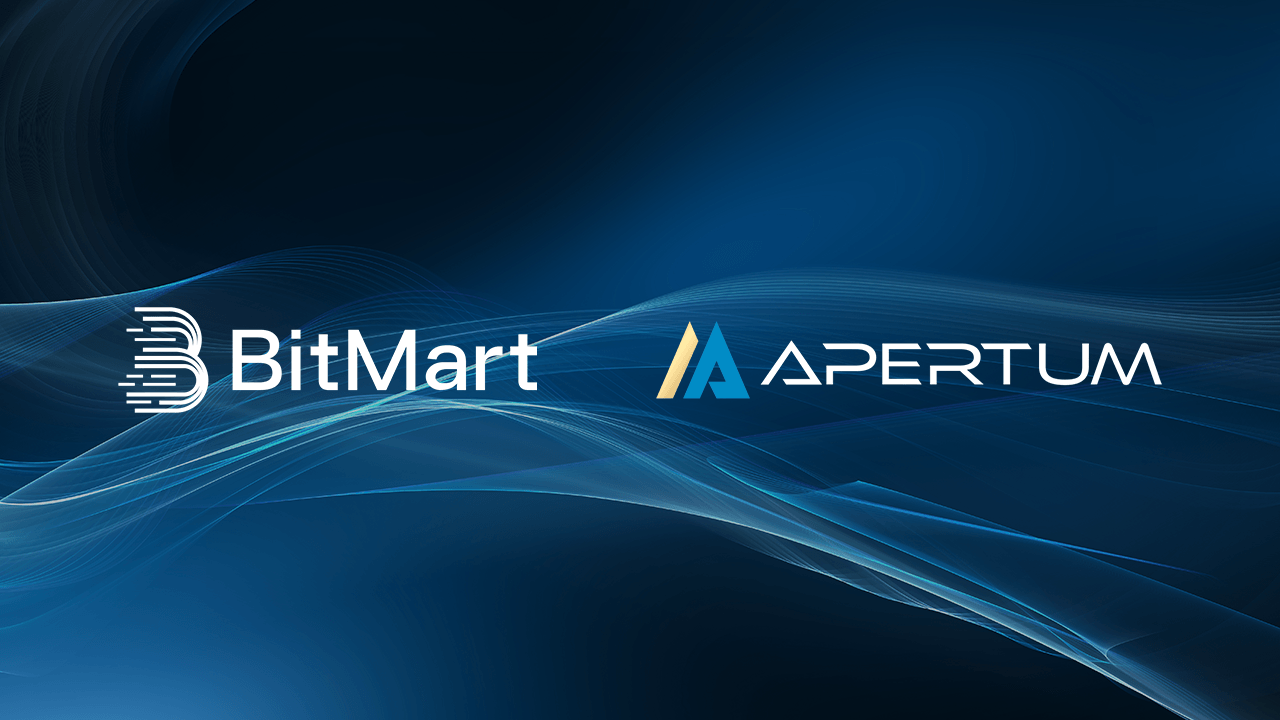
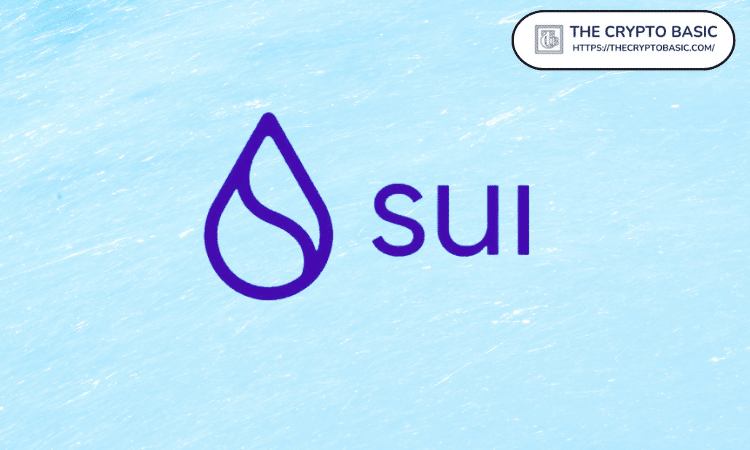

No comments yet